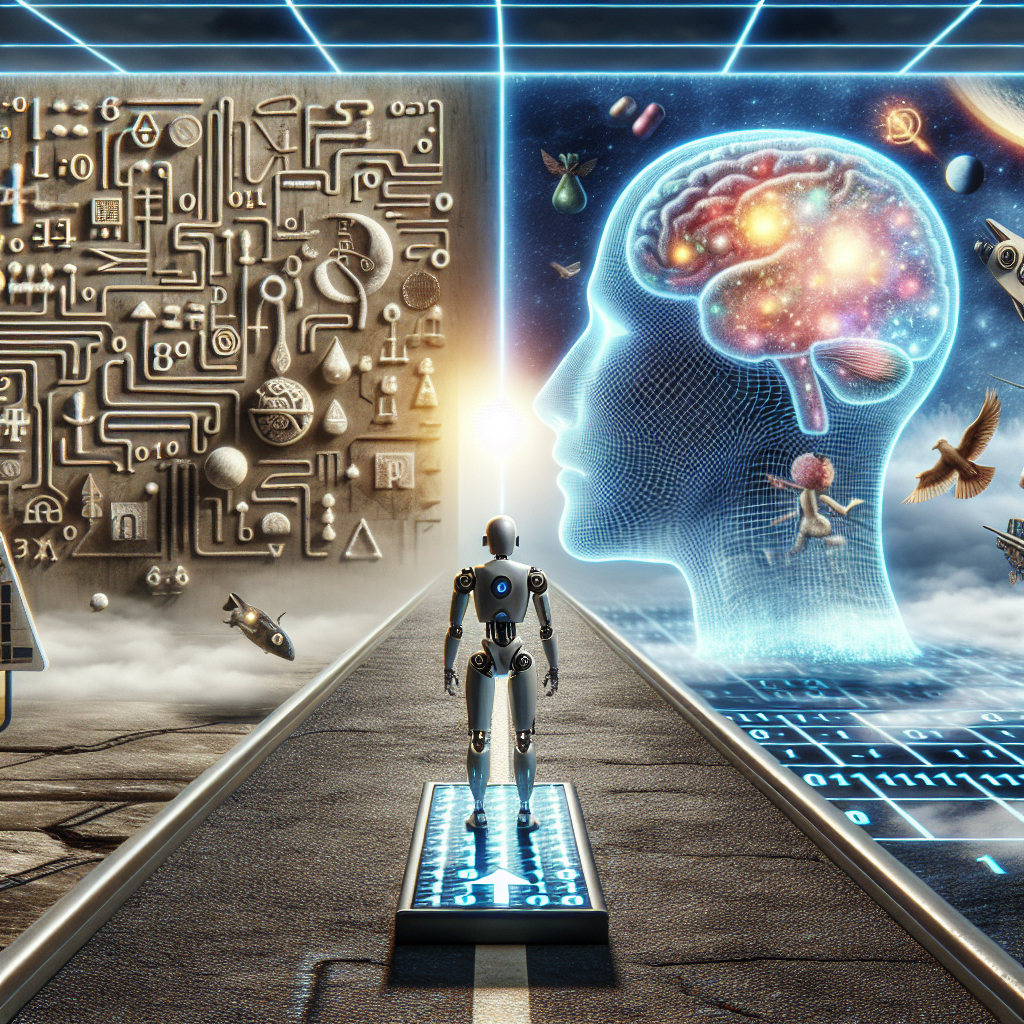Artificial General Intelligence (AGI) has long been a staple of science fiction, from the sentient robots of Isaac Asimov’s stories to the malevolent supercomputers of films like “2001: A Space Odyssey” and “The Terminator.” But as technology advances, the line between science fiction and reality is becoming increasingly blurred. In this article, we will explore the concept of AGI in science fiction, separating fact from fiction and examining the possibilities and limitations of this powerful and potentially transformative technology.
What is AGI?
AGI refers to artificial intelligence that is capable of performing any intellectual task that a human can do. This includes reasoning, learning, problem solving, and understanding natural language. Unlike narrow AI, which is designed for specific tasks like image recognition or voice assistance, AGI is intended to be a more general and flexible form of intelligence that can adapt to a wide range of tasks and domains.
In science fiction, AGI is often portrayed as a highly advanced form of intelligence that surpasses human capabilities in every way. These superintelligent beings are typically depicted as either benevolent or malevolent, with the potential to either uplift or destroy humanity. However, in reality, AGI is still in the early stages of development, and many of the capabilities and limitations of this technology remain unknown.
Separating Fact from Fiction
One of the main misconceptions about AGI in science fiction is the idea that it will inevitably lead to a superintelligent being that surpasses human intelligence in every way. While it is true that AGI has the potential to be highly intelligent and capable, there are many challenges and limitations that must be overcome before this level of intelligence can be achieved.
One of the main challenges of AGI is the problem of artificial consciousness. While AGI may be able to perform complex tasks and solve difficult problems, it is unlikely to possess the same level of self-awareness and subjective experience that humans have. This means that AGI is unlikely to have emotions, desires, or motivations in the same way that humans do, which could limit its ability to understand and interact with the world in a meaningful way.
Another limitation of AGI is the problem of common sense reasoning. While AGI may be able to perform complex calculations and logical reasoning, it may struggle with more intuitive and context-dependent tasks that require a deeper understanding of the world. For example, a human can easily understand that a “hot cup of coffee” is not the same thing as a “cold cup of coffee,” even though both are technically cups of coffee. AGI would need to be able to make these kinds of distinctions in order to function effectively in the real world.
Despite these limitations, AGI has the potential to revolutionize many aspects of society, from healthcare and education to transportation and entertainment. By automating routine tasks and freeing up human labor for more creative and innovative pursuits, AGI could help to increase productivity and improve quality of life for people around the world.
FAQs
Q: Will AGI surpass human intelligence?
A: While AGI has the potential to be highly intelligent and capable, it is unlikely to surpass human intelligence in every way. AGI may be able to perform complex tasks and solve difficult problems, but it is unlikely to possess the same level of self-awareness and subjective experience that humans have.
Q: Will AGI have emotions and motivations?
A: AGI is unlikely to have emotions, desires, or motivations in the same way that humans do. While AGI may be able to simulate emotions and motivations for specific tasks or applications, it is unlikely to possess the same depth of understanding and empathy that humans have.
Q: What are the potential benefits of AGI?
A: AGI has the potential to revolutionize many aspects of society, from healthcare and education to transportation and entertainment. By automating routine tasks and freeing up human labor for more creative and innovative pursuits, AGI could help to increase productivity and improve quality of life for people around the world.
Q: What are the potential risks of AGI?
A: AGI also poses significant risks, including the potential for misuse or abuse by malicious actors. AGI could be used to create powerful weapons, manipulate public opinion, or control critical infrastructure, posing a threat to national security and global stability. It is essential to develop robust ethical and regulatory frameworks to ensure that AGI is developed and deployed responsibly.
Conclusion
AGI has long been a staple of science fiction, with its depictions of superintelligent beings that surpass human capabilities in every way. While the reality of AGI is still in the early stages of development, the potential of this technology to revolutionize society is clear. By separating fact from fiction and understanding the possibilities and limitations of AGI, we can better prepare for the transformative impact that this powerful technology will have on our world.

